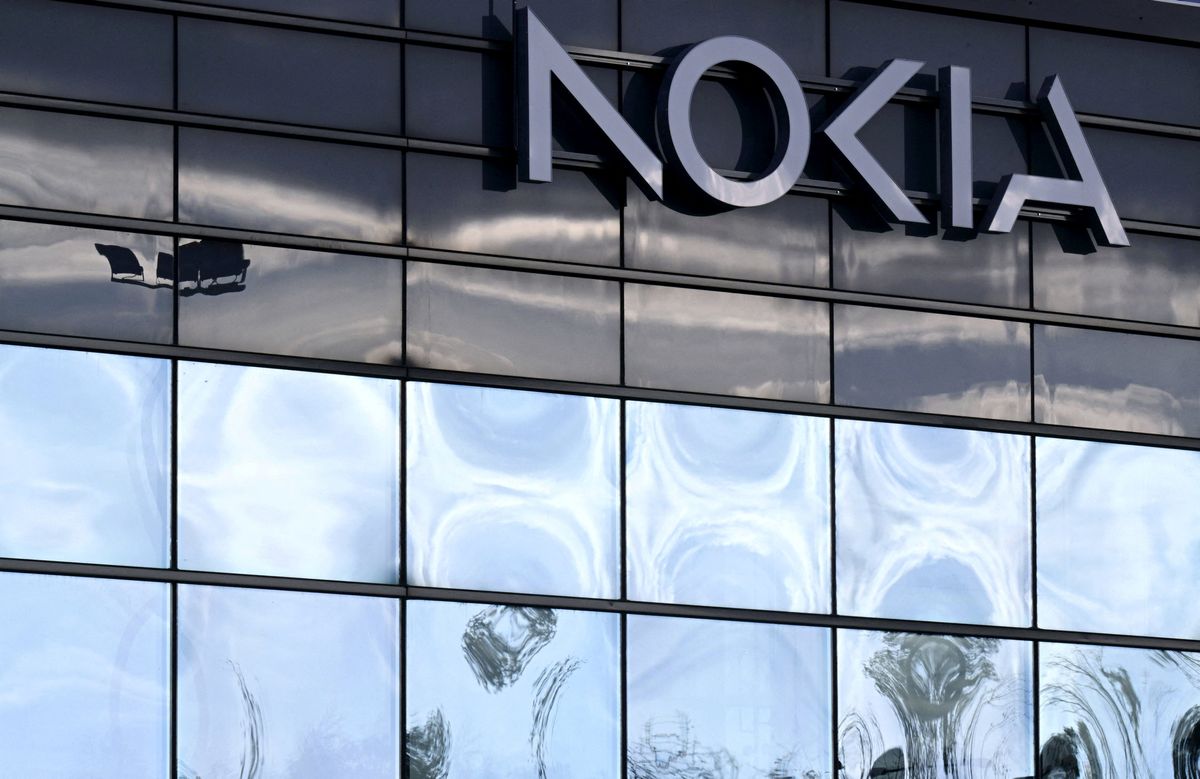Nokia sues Amazon and HP for violating its video streaming patents
It’s accusing both companies of infringing on its patents related to video streaming.

A few minutes every morning is all you need.
Stay up to date on the world's Headlines and Human Stories. It's fun, it's factual, it's fluff-free.
The backstory: Finnish company Nokia has been around since the mid-1860s, but it became a mega corporation in the 1960s and later a big player in telecommunications – especially mobile phones. In the 90s, it became a leader in developing video technology. Today, it focuses on network tech and services, holding a patent portfolio covering everything from 5G to mobile devices and software. In fact, Nokia has invested over €140 billion (around US$148 billion) in research and development and holds around 20,000 “patent families” in its portfolio.
Over the years, the tech giant has had patent disputes with companies like Apple. For instance, from 2009 to 2011, Nokia and Apple had a legal battle over phone tech patents. The saga continued when, in 2016, Nokia sued Apple again for allegedly breaching 32 of its tech patents, including displays and user interfaces. They finally settled the whole thing by agreeing to a multi-year patent license that would let them work together.
More recently: Last year, Nokia won a patent lawsuit against Chinese phone makers Oppo and OnePlus in Germany, saying they used its 4G and 5G tech without permission. This forced the two brands out of the German market.
In June, Nokia and tech giant Apple renewed their licensing agreement, which was set to expire at the end of this year. The details of the deal remain under wraps. Since 2017, Nokia says it has concluded or extended over 250 licenses with different companies.
The development: On Tuesday, Nokia sued Amazon and HP in a Delaware federal court. It’s accusing both companies of infringing on its patents related to video streaming. Specifically, Nokia is pointing fingers at Amazon’s Prime Video and Twitch streaming services, along with HP's computers, saying they violate their patents related to video compression, delivery and other key tech.
According to Nokia, Amazon and HP had the option to play by the rules and get licenses for these patents. Instead, they opted to use Nokia's technology without permission. This legal dispute has gone global, with the company also filing related lawsuits against Amazon in Germany, India, the UK and at the European Unified Patent Court.
Nokia emphasized that many other companies have already secured licenses for their video encoding and decoding patents. These patents allow for better-quality video streaming while reducing the demand on bandwidth and storage. Some of these patents are also important in meeting international standards for video coding technology.
Key comments:
“We’ve been in discussions with each of Amazon and HP for a number of years, but sometimes litigation is the only way to respond to companies who choose not to play by the rules followed and respected by others,” said Nokia's Chief Licensing Officer Arvin Patel in a statement.
"We hope that Amazon and HP will now accept their obligations and agree to a license and our door remains open for good faith negotiations," said Nokia in a statement.
"The agreement reflects the strength of Nokia’s patent portfolio, decades-long investments in R&D and contributions to cellular standards and other technologies," said Jenni Lukander, president of Nokia Technologies, referring to the license agreement between Nokia and Apple.
Apple and HP have so far declined to comment.




Comments ()